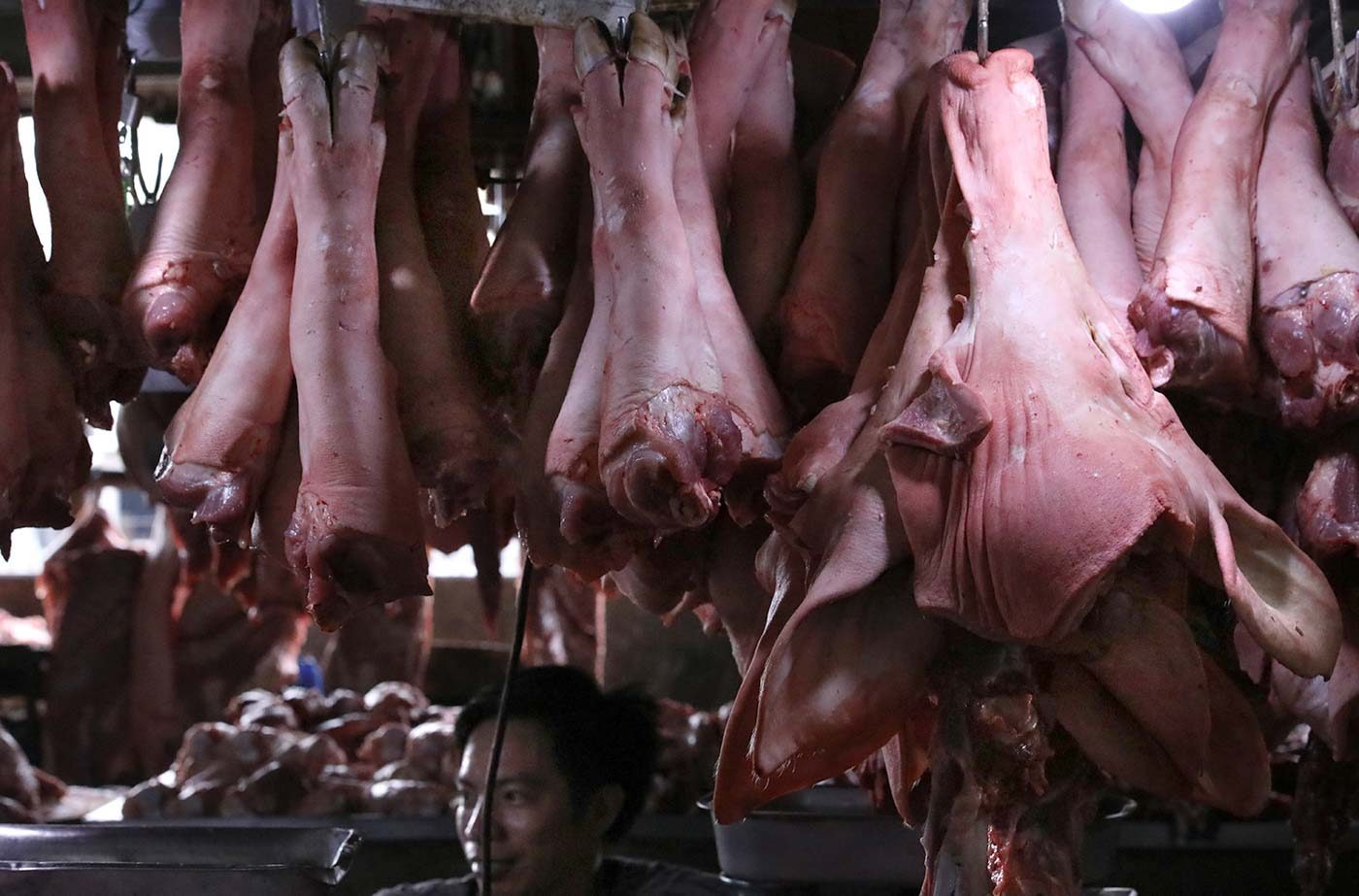SUMMARY
This is AI generated summarization, which may have errors. For context, always refer to the full article.

CEBU CITY, Philippines – Governor Gwendolyn Garcia on Wednesday, September 18, called on all restaurants, supermarkets, and hotels operating in Cebu province to toss out pork products sourced from Luzon, further tightening the biosecurity measures imposed to prevent the entry of the African swine fever virus.
Garcia’s advisory came after she issued Executive Order 16, that deputized provincial government authorities to confiscate on sight products not certified by the National Meat Inspection Service (NMIS).
“All pork and pork related products, unless accompanied by NMIS certification, which are not voluntarily disposed of upon disembarkation shall be confiscated at sight (sic) by deputized agents of the Provincial Government of Cebu,” the EO read.
Garcia asked establishments selling pork to report to the government where they sourced their products, and to dispose these if they came from Luzon.
“We are enforcing very, very strict measures because we cannot be too careful as far as the ASF virus is concerned,” Garcia said. “There’s really a clear and present danger already after the Bureau of Animal Industry Director Domingo confirmed that there is already an ASF outbreak in the country,” she added.
Wednesday’s EO expands her August 22 and September 11 orders, which only banned live hog imports from Luzon but allowed pork and pork products to enter the province with proper clearance.
Garcia said while ASF is not transferable to humans, she wanted to avoid economic losses.
“If one pig is afflicted with the virus, it would mean a 100% mortality for the entire stock for 2 to 10 days. Highly contagious and highly toxic nga virus,” Garcia said. (READ: FAST FACTS: What is African swine fever?)
Cebu province’s veterinarian Dr. Mary Rose Vincoy told Rappler in a text message on Thursday, September 19, that about 22 hotels complied and have reported so far since Garcia imposed a Wednesday deadline.
But the province’s inventory on pork sources of registered establishments was still ongoing.
Earlier this week, the cities of Mandaue and Cebu, which are independent of the province, issued their own executive orders restricting the import of live hogs and pork products. (READ: Mandaue City orders total ban on pork, live hogs from Luzon)
The Department of Agriculture (DA) announced earlier this week that they would allot P78 million in emergency funds to manage, control, and contain the threat of African swine fever (ASF). – Rappler.com
Add a comment
How does this make you feel?
There are no comments yet. Add your comment to start the conversation.